As you may know, April 2017 marks a big change in the way in which businesses in England purchase their water. From 1 April onwards it’s now possible for all organisations in the country, whether public or private sector and regardless of their size, to choose which supplier provides their water and waste water retail services. Note, this change doesn’t apply in Wales. In the Scottish market non-domestic retail competition has been in place since 2008 so changes in England bring the English market into line with what’s been happening for almost 10 years now in Scotland. Note too that this change doesn’t apply to domestic customers.
Does this change affect me?
Ofwat estimates that there are 12 million non-domestic water customers in England who will potentially be affected by this change. A non-domestic customer is a public sector organisation, charity or business whose water is supplied by a company wholly or mainly in England. Broadly speaking, if your property is liable for council tax and not business rates then this change will not apply to you. Conversely, if your property is liable for business rates and not council tax then this change will apply to you. If your property is classified as mixed use – that is liable for both council tax and business rates – then this will normally mean that it does qualify for retail competition. There may be some cases where arbitration will be needed to determine whether a particular property is eligible or not.
How will I benefit?
One of the main aims of this change is to encourage innovation in the water market. As water companies will now have to compete with each other they will have to offer better value to customers in order to differentiate themselves. Giving customers the ability to switch water provider gives them more power and provides an incentive for suppliers to improve their offerings. To find out what this is likely to mean in practice we can look at the Scottish market where water companies have been competing since 2008. The Scottish Water Industry Commission (the Scottish equivalent of Ofwat in England) reports that market deregulation has resulted in over 60% of non-domestic companies either paying less for their water, experiencing better service or both.
Financial savings
The ability to switch to cheaper suppliers or to negotiate a cheaper rate with an existing supplier means that the key benefit of this change is that many organisations will save money. However, this on its own is unlikely to make a huge difference to many organisations. In most organisations water and sewage constitute less than 1% of operating costs and retail services typically only account for between 5 and 10% of the total water bill with wholesale costs accounting for the bulk. That said, savings off the cost of retail services themselves are not the only way in which this change could result in benefits.
Simplification of billing
Large, multisite organisations will see a particular benefit in terms of consolidated billing. At the moment, an organisation with many different sites could be receiving separate water bills for each of its sites from each of up to 23 different suppliers. This can mean a single business may have to deal with hundreds or even thousands of paper bills all coming in at different times in the year. The administrative burden of this is significant. Now that water retail competition is open it will be possible for a company in this situation to make significant administrative savings by consolidating all water use across the whole organisation into just one bill.
Improved service
It’s likely that one way water companies will try and differentiate themselves is through the addition of new ‘value-added’ services such as water consumption management and other initiatives to help customers achieve greater efficiency in their water use. Customers are likely to switch to customers who are not only cheaper but who also offer an appealing range of bespoke services to help them save water. Such services could include things like tools to benchmark water use, rainwater harvesting products or automated meter reading. In Scotland Business Stream (the largest player in Scotland’s non-domestic water retail supplier) estimates that it has saved organisations more than 24 billion litres of water, equating to financial savings of more than £53 million.
Lower carbon emissions
Reducing water use also has a knock on effect on carbon emissions. Pumping, treating and providing water is extremely energy-intensive so any reduction in water use also means that associated carbon emissions will fall.




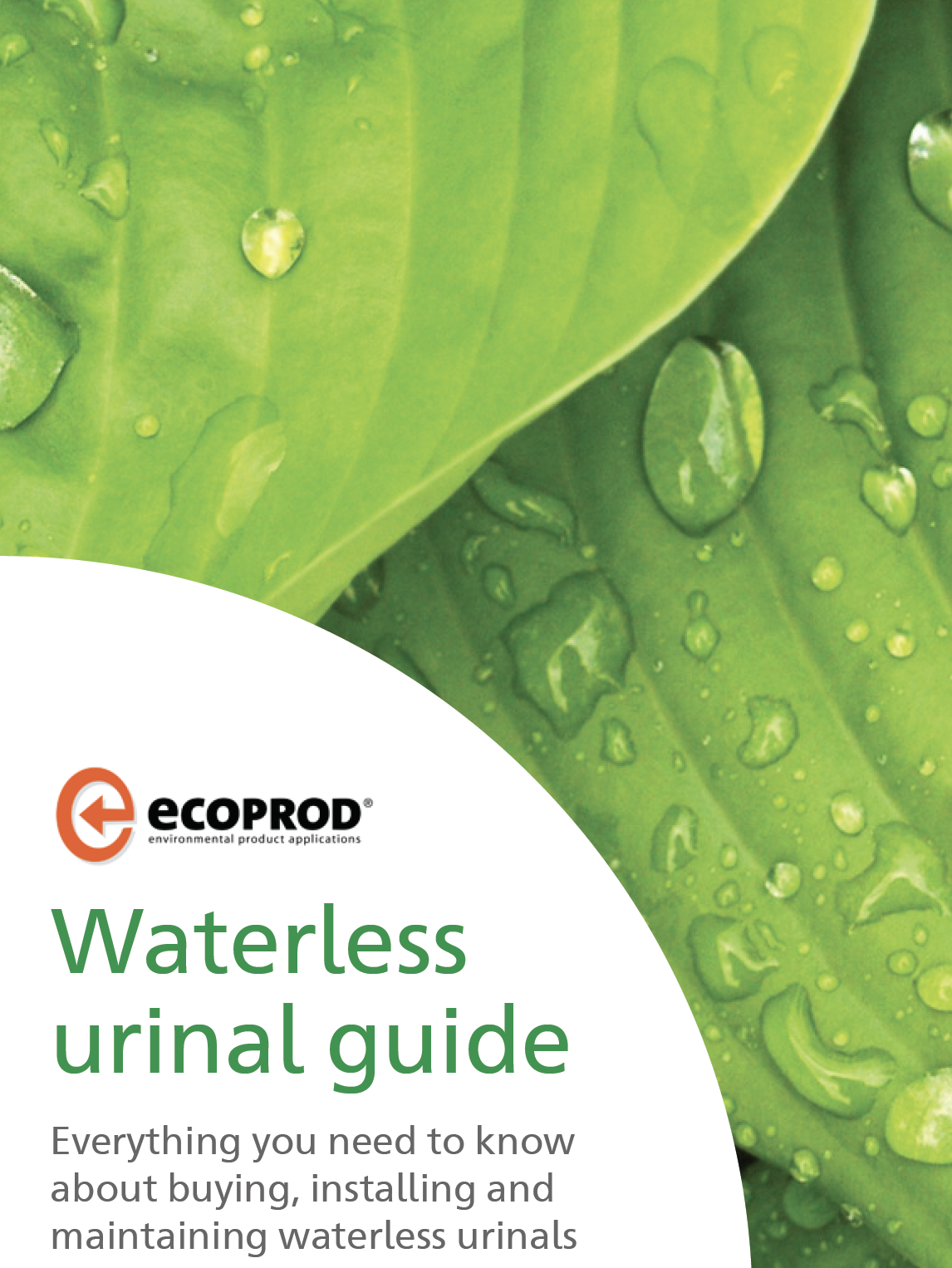


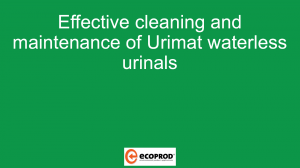





 For the last 8 years Robert Summer – Head of International Sales and Marketing – has developed structured distribution network worldwide for CONTI+ brand. The products offer great benefit for washrooms and shower rooms for public, semi-public and health sector. Today, sustainability, hygiene and smartness are key to CONTI+ solutions. Robert lives the brand and its USPs and loves to support and motivate his team on a daily basis.
For the last 8 years Robert Summer – Head of International Sales and Marketing – has developed structured distribution network worldwide for CONTI+ brand. The products offer great benefit for washrooms and shower rooms for public, semi-public and health sector. Today, sustainability, hygiene and smartness are key to CONTI+ solutions. Robert lives the brand and its USPs and loves to support and motivate his team on a daily basis.




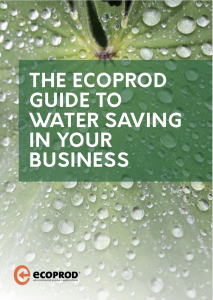
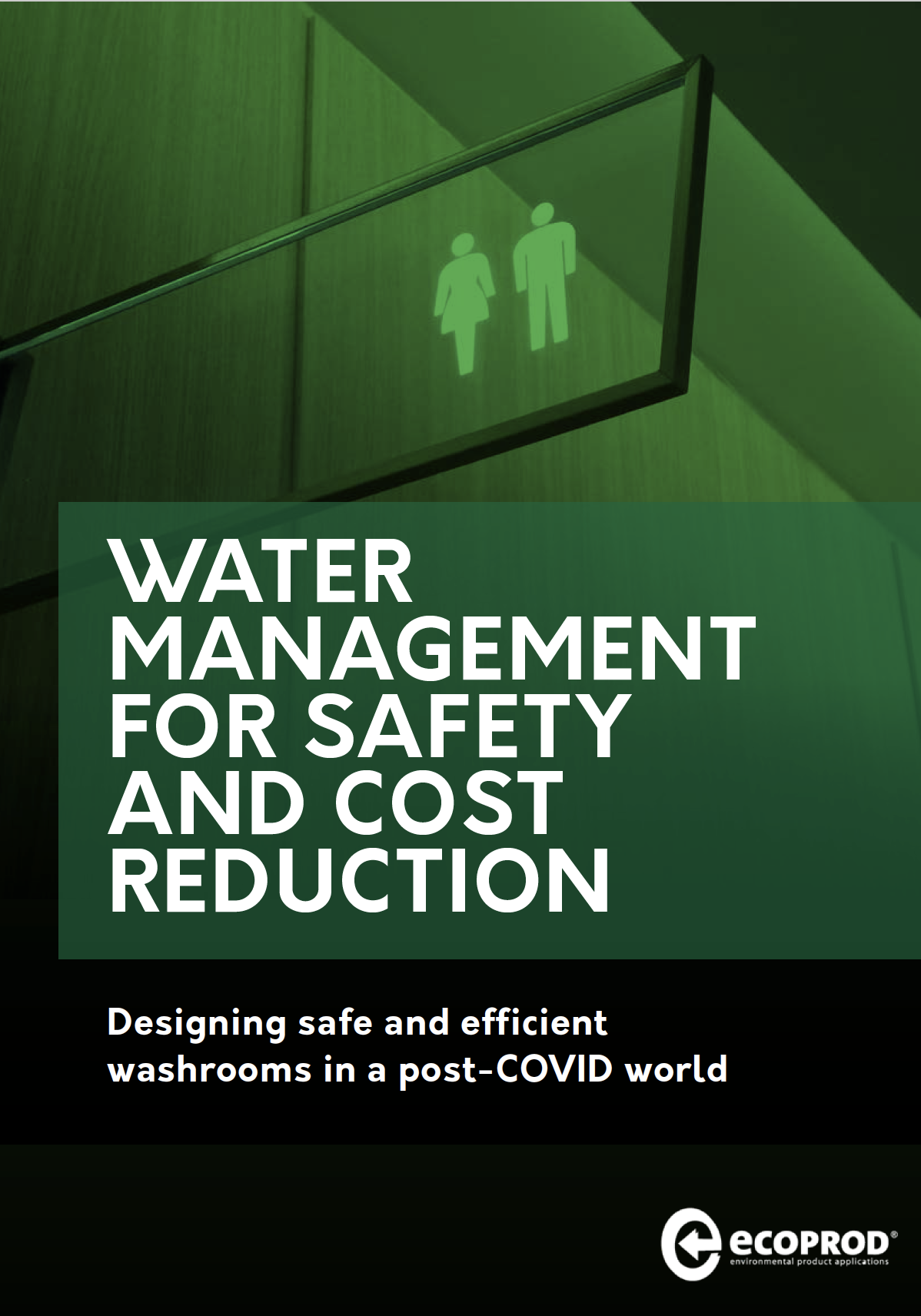


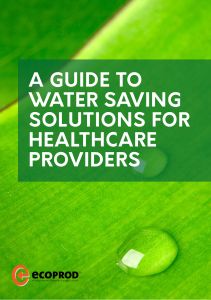
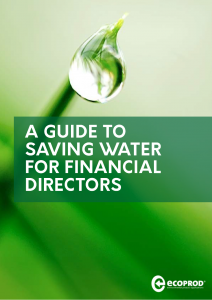
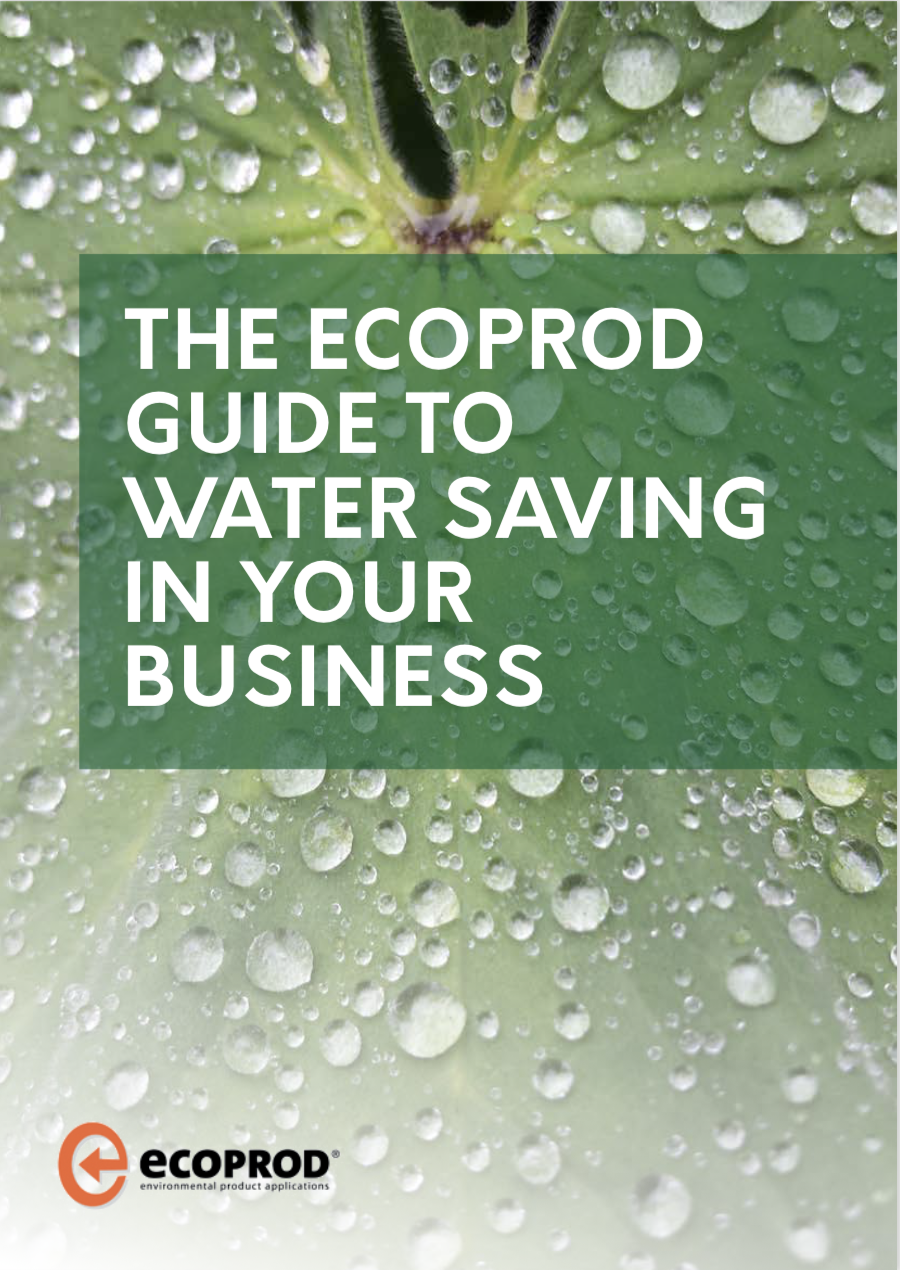
Comments are closed.